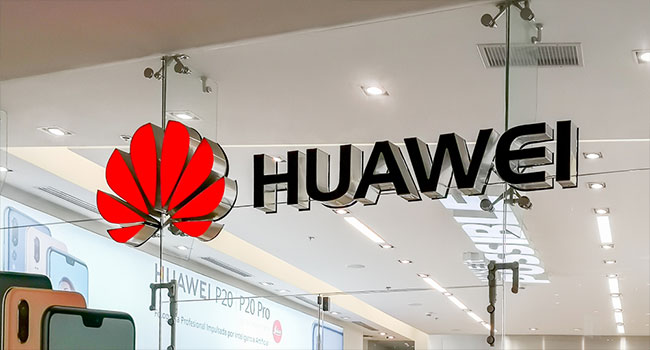
Huawei Has Another 90 Days To Do Business With American Companies
The Trump administration has granted a 90-day extension for American firms to find alternatives to the Chinese telecommunications corporation.
- By Haley Samsel
- Aug 21, 2019
American companies have 90 more days to work with the Chinese telecommunications corporation Huawei, the Commerce Department announced Monday. The grace period extension is part of an effort to give rural companies more time to figure out alternatives to Huawei, which supplies many of them with equipment to power wireless services and more.
“There is another 90 days for the U.S. telecom companies, some of the rural companies are dependent on wild ways,” Commerce Secretary Wilbur Ross told Fox Business on Monday. “So we're giving them a little more time to wean themselves off.”
But the move came with a catch for the Chinese tech giant: The U.S. will add 46 affiliates of Huawei to its “entity list,” which effectively keeps foreign companies from buying American technology without official government approval.
“Adding more entities makes it more difficult for Huawei to get around the sanctions,” Ross said.
President Trump signed the original executive order in May, but implementation of the policy has been slowed due to the ubiquity of Huawei equipment in American technology products, particularly in IP cameras and recorders used for video surveillance. The Trump administration has often hinted that it could ease pressure on the company if China agrees to certain stipulations in a new trade deal, which has stalled.
In response to the announcement, Huawei said the decision to add its affiliates to the list “is politically motivated and has nothing to do with national security.”
“These actions violate the basic principles of free market competition,” the company said in a statement. “They are in no one's interests, including US companies. Attempts to suppress Huawei's business won't help the United States achieve technological leadership.”
The company added that the extension of its “temporary general license” to do business with American providers does “not change the fact that Huawei has been treated unjustly” by the U.S. government.
When asked how American companies will be affected by the implementation of the ban on Nov. 19, Ross replied that “everybody has had plenty of notice of it, there have been plenty of discussions with the president.” Ren Zhengfei, Huawei’s founder, told the Associated Press he expects no relief from the sanctions but that the company can “do well without relying on American companies.”
About the Author
Haley Samsel is an Associate Content Editor for the Infrastructure Solutions Group at 1105 Media.